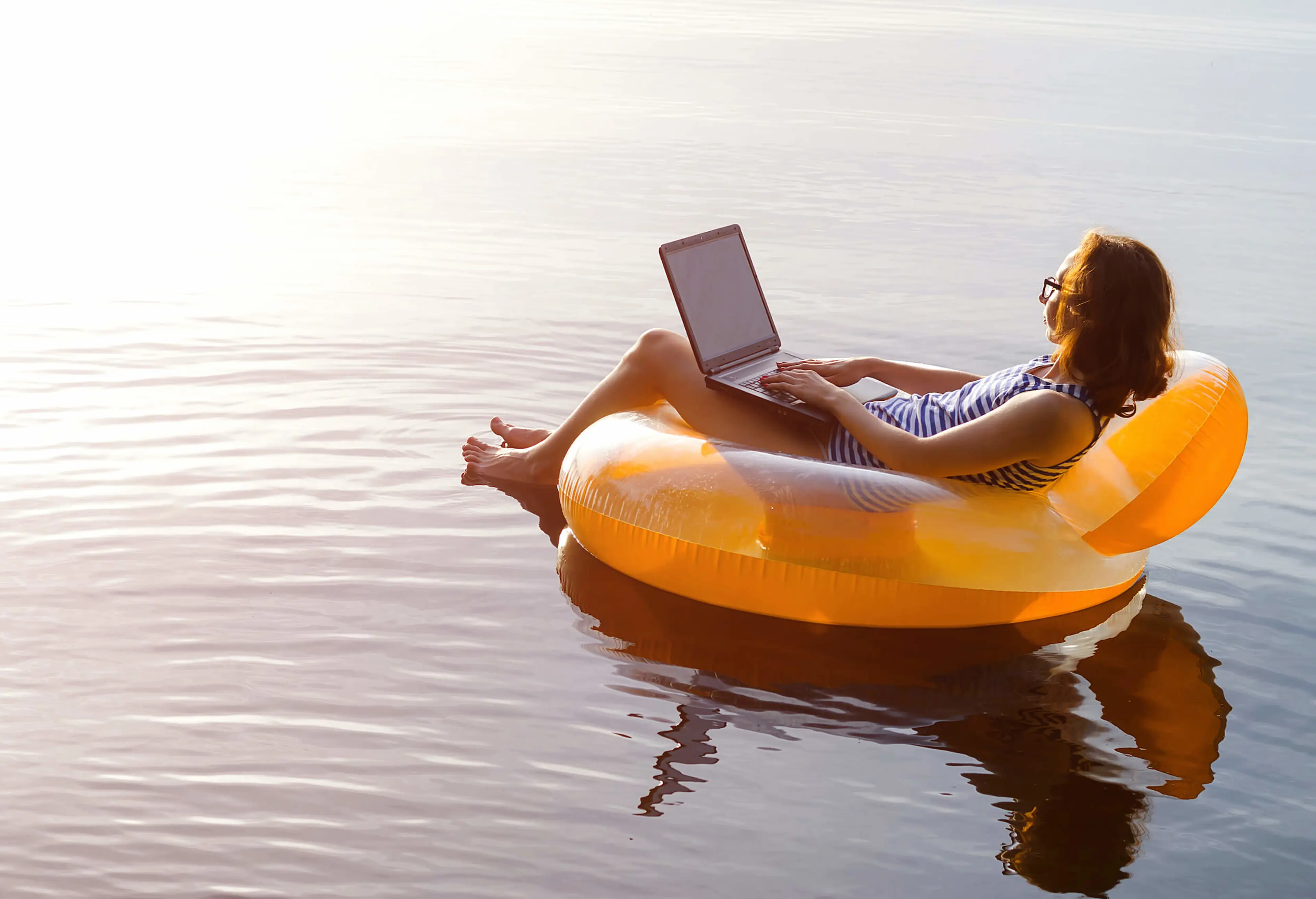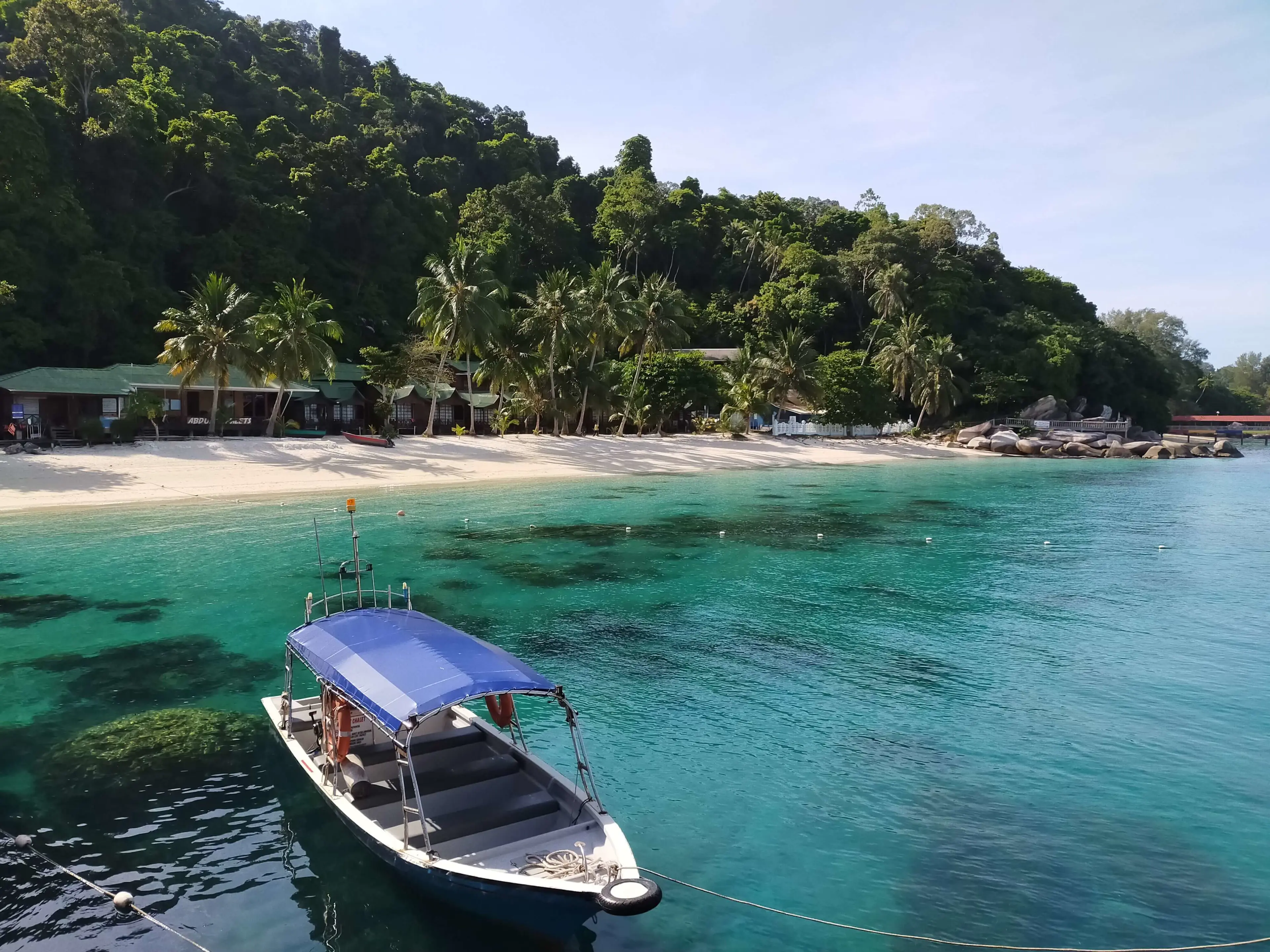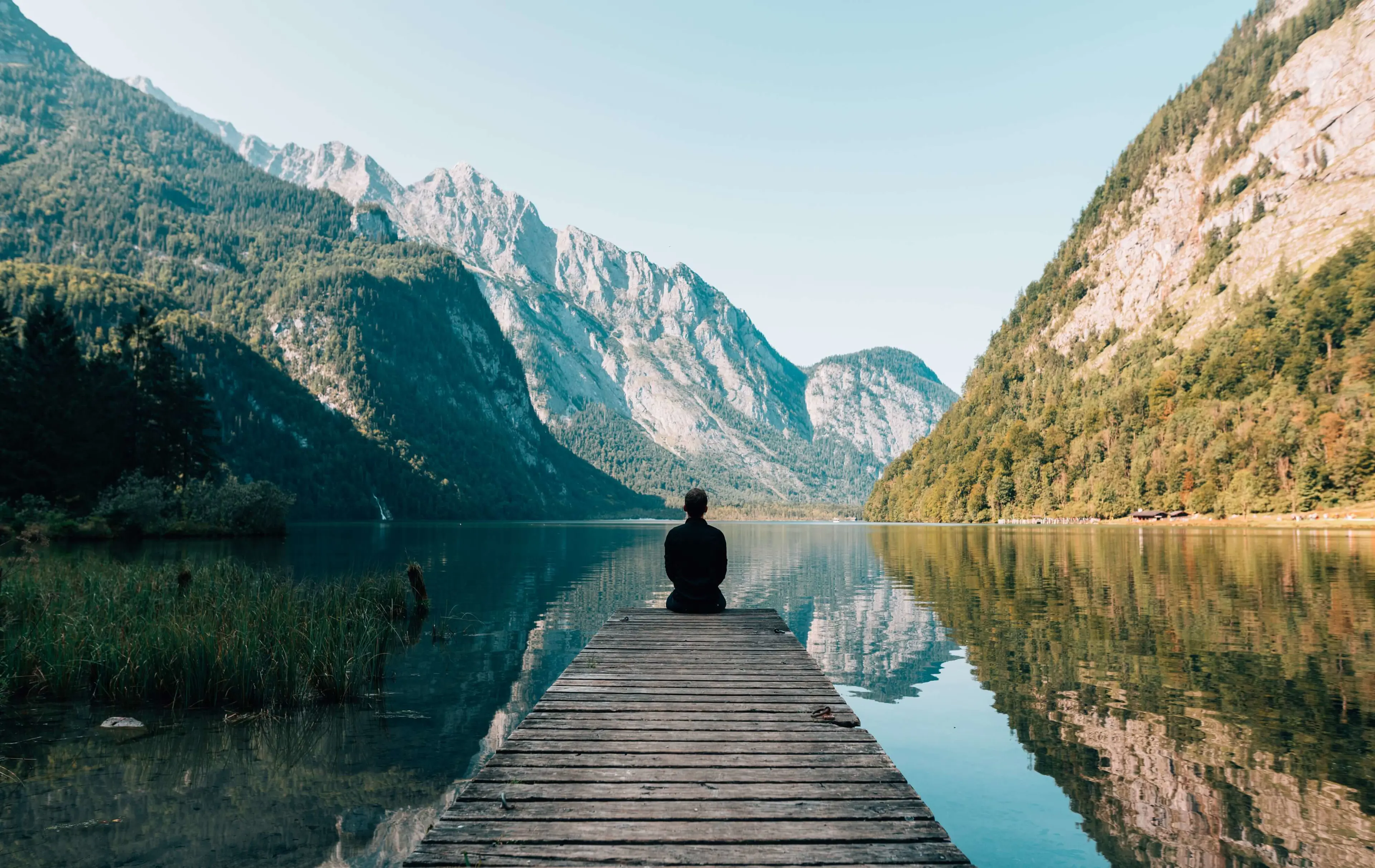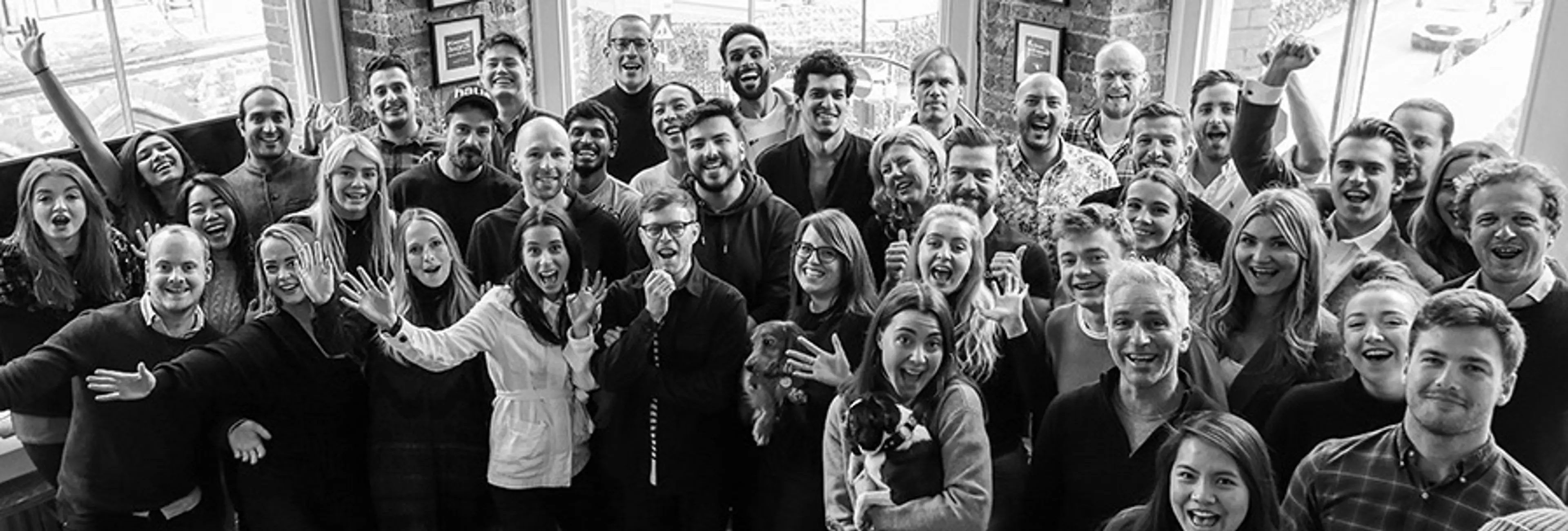
Hospitality & Travel
1 Sept 2021
6 Min Read
The Future of Travel: Less for Longer
At Matter Of Form, we are driven by the spirit of adventure. We are lucky to have travelled to the four corners of the earth to visit our amazing clients and partners. Like everyone, we look forward to the opportunity to travel again more freely. But as futurists, we can’t wait to see what the future holds for travel and hospitality with the new working model post-covid...



Hospitality & Travel



